Research Blog
-
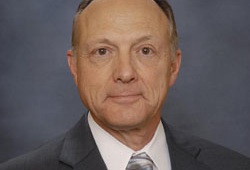
Colorado judge will lead Vanderbilt-based American Judicature Society
Richard Carparelli was named the new executive director of the American Judicature Society, which is based at Vanderbilt Law School. Read MoreOct 28, 2013
-
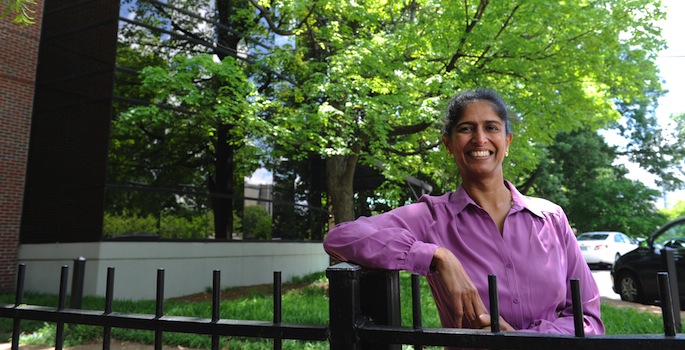
Mahadevan-Jansen elected a director of international optics society
Anita Mahadevan-Jansen has been elected to the Board of Directors of SPIE, the international society for optics and photonics. Her three-year term begins Jan. 1, 2014. Read MoreOct 23, 2013
-
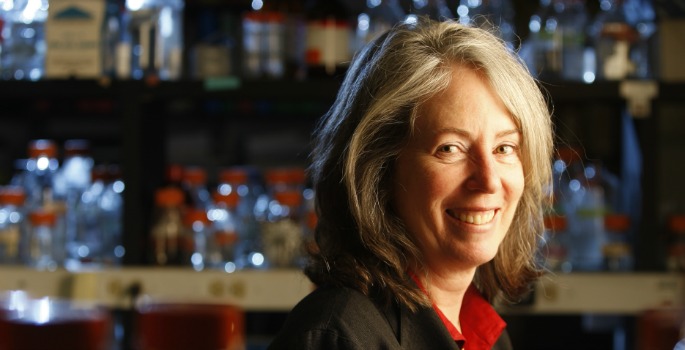
Memorial Oct. 21 for Ellen Fanning, ALS walk Oct. 26
Please join in celebrating the life of Ellen Fanning, Stevenson Professor of Biological Sciences and a professor of the Howard Hughes Medical Institute, on Monday, Oct. 21, at 2 p.m., in Benton Chapel. Read MoreOct 18, 2013
-
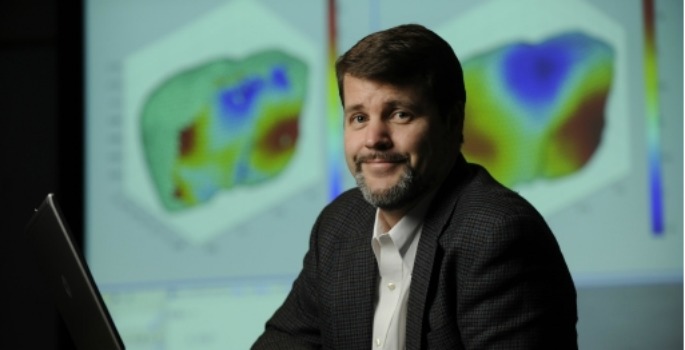
Miga joins editorial board of new medical imaging journal
Michael Miga, professor of biomedical engineering, will serve on the editorial board of the Journal of Medical Imaging, a new publication of SPIE, the international society for optics and photonics. Read MoreOct 17, 2013
-

Celebrate 45 years of biomedical engineering at Oct. 21 birthday bash
One of the first such programs in the United States, Vanderbilt’s Department of Biomedical Engineering is celebrating its 45th anniversary as a program and its 25th anniversary as a department in the School of Engineering. Read MoreOct 15, 2013
-
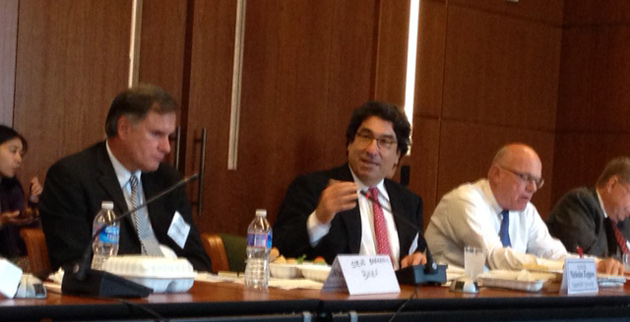
Zeppos discusses future of research universities at D.C. conference
Chancellor Nicholas S. Zeppos traveled to Washington, D.C., to participate in “Research Universities and the Future of America: A National Convocation on Breakthrough Actions,” a one-day conference held Oct. 10 hosted by the National Academies of Sciences. Read MoreOct 11, 2013
-
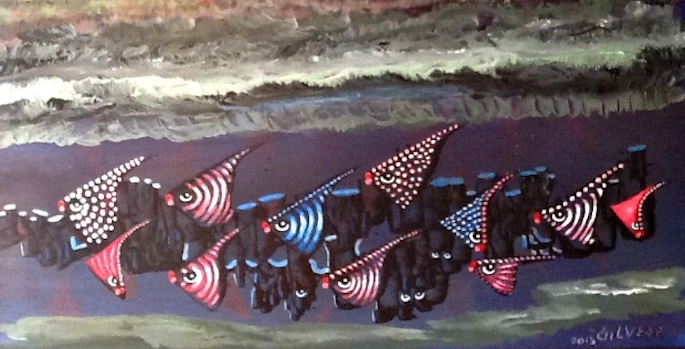
New Vanderbilt Latino and Latina studies program launched
Vanderbilt University will celebrate the fall launch of Latino and Latina Studies, a new multidisciplinary program, with several events during Hispanic Heritage Month, including an Oct. 15 talk by author Joy Castro. Read MoreOct 10, 2013
-
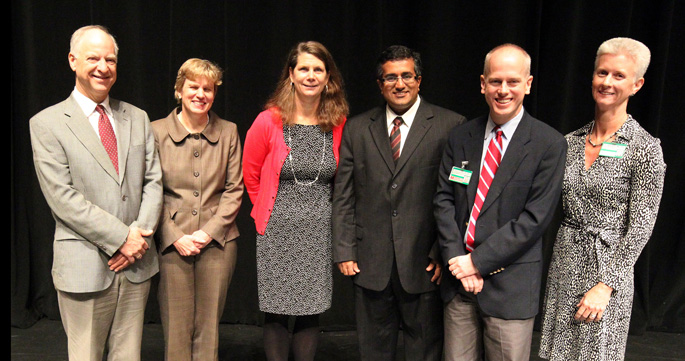
Clinical and translational research highlighted at retreat
Kathleen Neuzil, M.D., MPH, known internationally for her efforts to expand vaccine access and delivery around the world, credited her Vanderbilt University mentors last week for guiding her to a career path that allowed her to “make a difference.” Read MoreOct 10, 2013
-
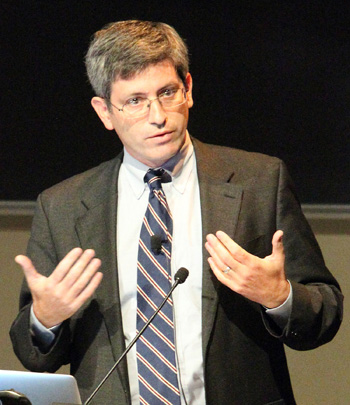
Discovery Lecturer makes case for stronger science
The occasional failings of science tend to draw big headlines — findings that can’t be replicated or increasing numbers of papers that are retracted because studies were improperly or even fraudulently conducted. Read MoreOct 10, 2013
-

‘Poets & Writers’ ranks Vanderbilt MFA Program in top nine
Vanderbilt’s MFA Program in Creative Writing moved up one notch to ninth in the United States in a survey conducted by "Poets & Writers" magazine and reported in its September/October issue. Read MoreOct 9, 2013
-
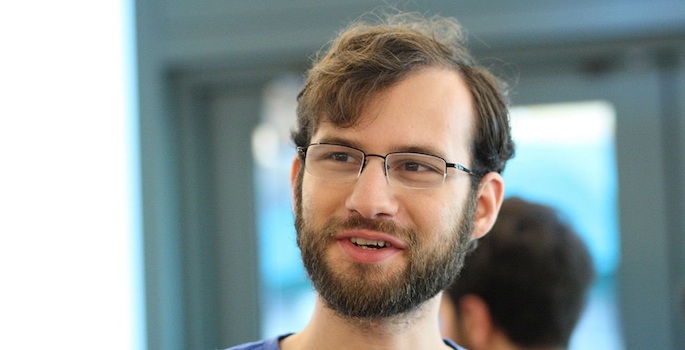
Wikipedia editor to speak at VU during Open Access Week
Richard Knipel, an editor and administrator for Wikipedia, will speak at Vanderbilt University Oct. 23 as part of its libraries' celebration of Open Access Week. Read MoreOct 8, 2013
-

Vanderbilt University joins Coursera Zone to expand online education access in China
Vanderbilt University will promote its free online courses in China through a new partnership announced Oct. 8 between Coursera, a leading massive open online course (MOOC) platform, and NetEase, one of the largest Chinese Internet companies and a major distributor of open online education content. Read MoreOct 8, 2013
-
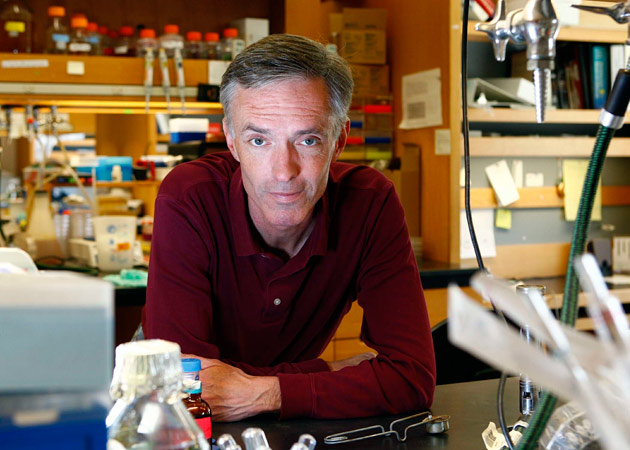
Synthetic biology pioneer to deliver Hall Engineering Lecture Oct. 23
James J. Collins will present his groundbreaking work in synthetic biology as guest speaker in the 2013-14 John R. and Donna S. Hall Engineering Lecture Series. Read MoreOct 7, 2013
-

Second annual Golden Goose Awards presented in Washington
The Golden Goose Award recognizes significant contributions to scientific understanding through federally funded basic research—research conducted with the goal of increasing scientific understanding rather than providing a solution to a specific problem. Read MoreSep 20, 2013
-
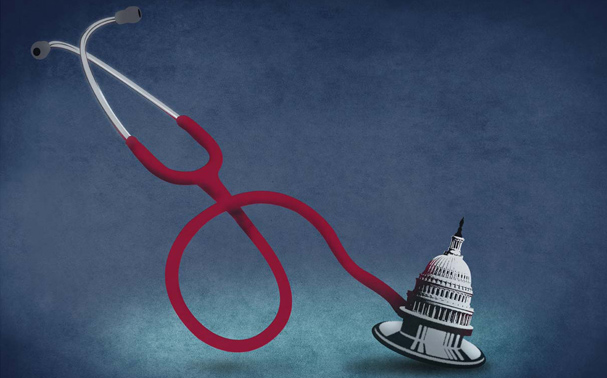
Vanderbilt Medicine: The sequestration era
Efforts by the federal government to control the nation’s spiraling budget deficit, including sequestration that took effect on March 1, have created the potential for significant impact to Medicare’s long-standing support for graduate medical education and could limit the ability of the nation’s academic medical centers to care for patients and train the next generation of physicians, says Donald Brady, senior associate dean of Graduate Medical Education for Vanderbilt University School of Medicine. Read MoreSep 18, 2013
-

Vanderbilt Business: A matter of life and death
Ensuring patient safety in today's medical environment requires a fundamental shift in today’s health care organizations, says Ranga Ramanujam. Read MoreSep 11, 2013
-
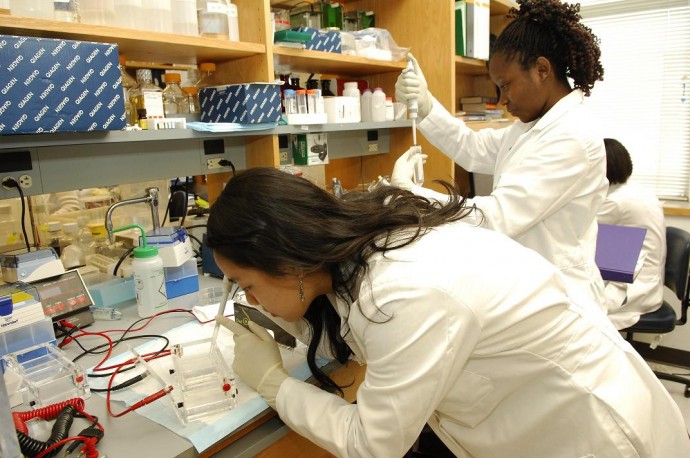
Vanderbilt Medicine: A shining light
The Aspirnaut program, funded by Billy and Julie Hudson, brings science, technology, engineering and math lessons and labs to rural teachers, students and school districts via video and teleconferencing. Read MoreSep 11, 2013
-
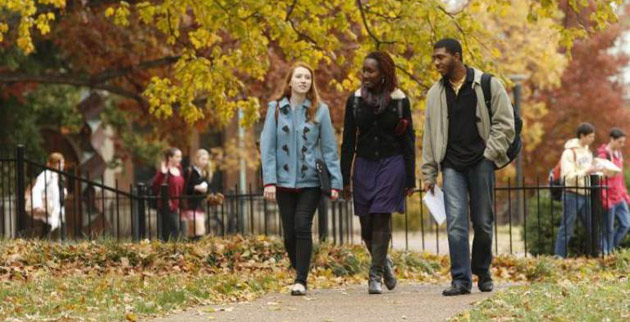
Vanderbilt named No. 17 national university by ‘U.S. News & World Report’
"U.S. News & World Report" ranked Vanderbilt's undergraduate experience No. 17 among national universities. Vanderbilt jumped five spots, moving from 16th to 11th in the “great school at a great price” category. Read MoreSep 10, 2013
-

Tennessean op-ed: Solar energy is still in shadows
More can be done with sun-powered electricity source, writes Dennis Hall, vice provost for research, dean of the Graduate School, professor of physics and professor of electrical engineering. Read MoreAug 20, 2013
-

Chancellor Zeppos joins other university leaders in calling for federal recommitment to academic research
A letter to President Obama and Congress co-signed by Chancellor Zeppos and his fellow university leaders outlines the ripple effects of reduced federal research funding and calls attention to the nation's burgeoning "innovation deficit." Read MoreAug 6, 2013